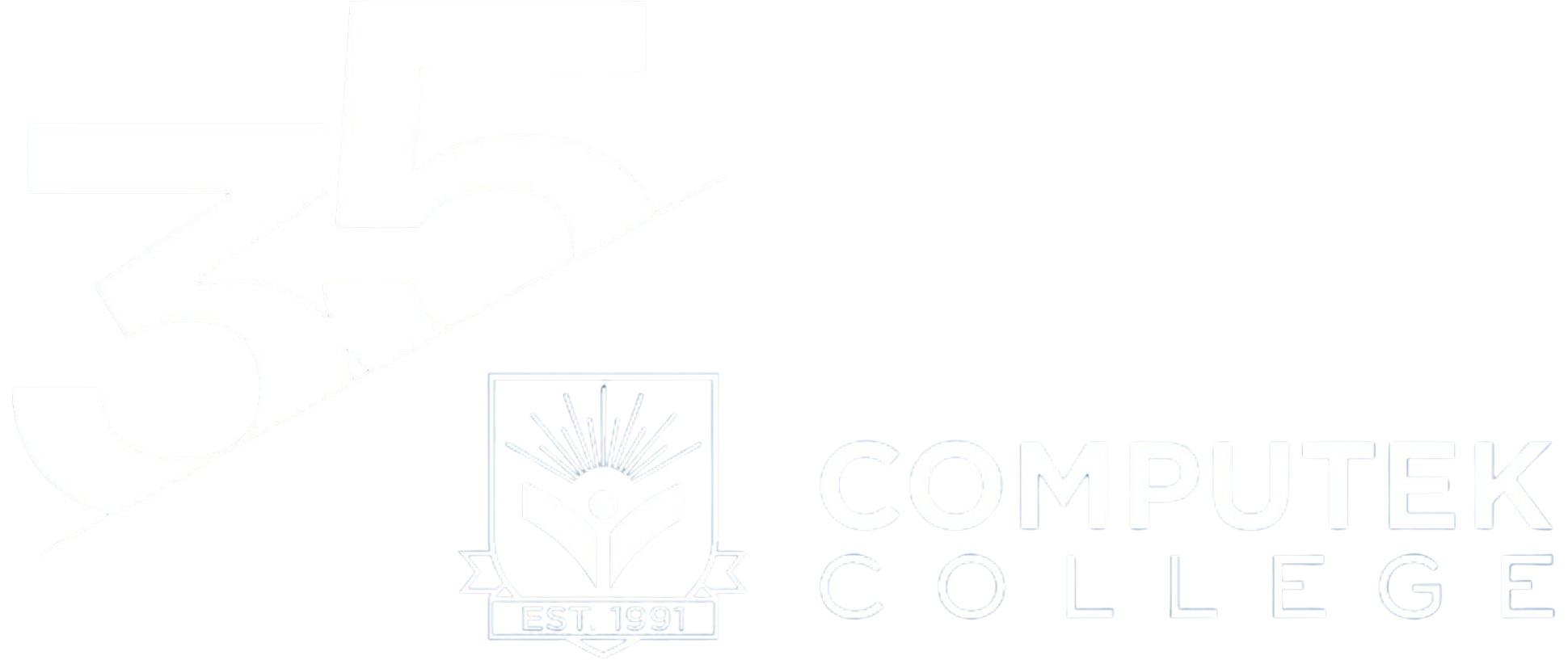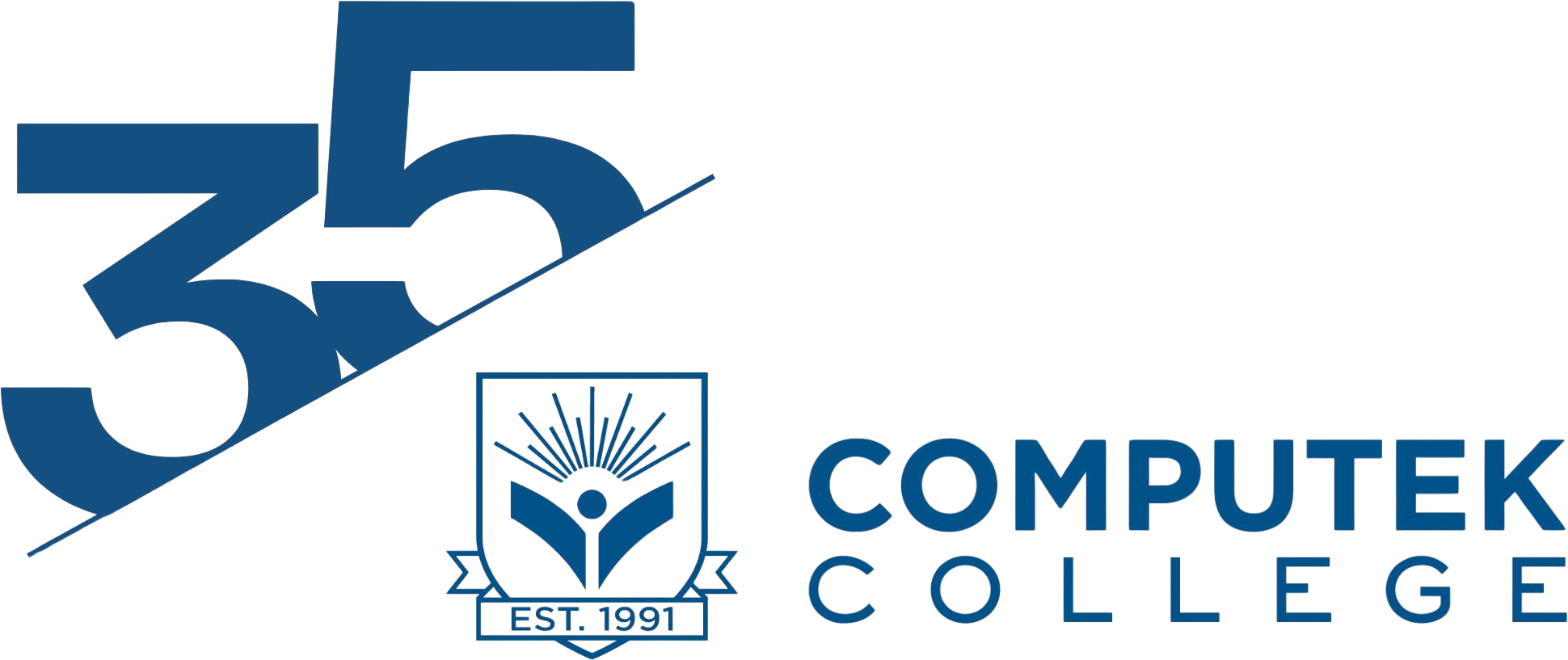If you’re a business owner doing your best to meet customer demands, understanding how Supply Chain Management (SCM) works is a great place to start. That way, you can make sure your products and services reach customers efficiently and cost-effectively without issue. Read on as we get into the intricate world of supply chain management.
Defining Supply Chain Management
Supply Chain Management is the coordination of all processes involved in sourcing, procurement, production, distribution, and logistics to create value for both the business and its customers. SCM covers everything from raw material extraction to the delivery of the final product to the end-user. It’s all about efficiently managing the flow of goods, information, and finances across a network of suppliers, manufacturers, distributors, and customers.
Key Components of Supply Chain Management
SCM can be broken down into the following components:
Planning
Effective supply chain management begins with meticulous planning. Businesses must forecast demand, set production schedules, and allocate resources efficiently. Advanced planning tools and software assist in making informed decisions, reducing lead times, and optimizing resource utilization.
Sourcing
This component involves selecting suppliers, negotiating contracts, and establishing relationships to procure the necessary raw materials, components, or services. Good businesses consider factors such as quality, cost, and reliability when choosing suppliers.
Production
Manufacturing, or production, is where raw materials are transformed into finished products. Efficiency, quality control, and cost-effectiveness are critical factors during this phase. Lean manufacturing and Six Sigma methodologies are often employed to optimize production processes.
Logistics
Logistics encompasses the physical movement of goods from the manufacturer to the end consumer. It involves transportation, warehousing, inventory management, and order fulfillment. Efficient logistics can significantly reduce lead times and costs.
Delivery
This stage focuses on ensuring products are delivered to customers in a timely and satisfactory manner. It includes order processing, shipping, and customer service. Meeting delivery expectations is crucial for customer satisfaction and retention.
Returns and Reverse Logistics
Handling returns and managing the reverse flow of goods is an often-overlooked but essential aspect of SCM. Efficient reverse logistics processes can minimize losses and improve customer satisfaction.
The Importance of Supply Chain Management
Efficient supply chain management offers several key advantages to businesses:
● Cost Reduction: By optimizing processes and reducing inefficiencies, SCM helps companies save money on production, transportation, and inventory carrying costs.
● Improved Quality: Rigorous quality control measures at every stage of the supply chain ensure that products meet or exceed customer expectations.
● Enhanced Customer Satisfaction: Timely deliveries, accurate order fulfillment, and responsive customer service contribute to high customer satisfaction levels.
● Competitive Advantage: Effective SCM can provide a significant competitive edge by enabling quicker responses to market changes and customer demands.
● Risk Mitigation: Managing suppliers and having contingency plans in place can mitigate supply chain disruptions caused by unforeseen events, such as natural disasters or economic crises.
● Sustainability: Sustainability considerations in SCM can lead to reduced environmental impact through responsible sourcing, reduced waste, and efficient transportation.
Challenges in Supply Chain Management
While SCM offers numerous benefits, it also presents various challenges. With numerous suppliers, partners, and stakeholders, coordination and communication in SCM can be challenging. The globalization of supply chains has also increased exposure to geopolitical and economic risks, such as trade disputes and currency fluctuations.
At Computek College, we are prepared to see you at the forefront of Supply Chain and Logistics Management. Our hybrid and online courses will equip you with everything you need to know to stay at the top of this growing profession. Contact us today to learn more!








